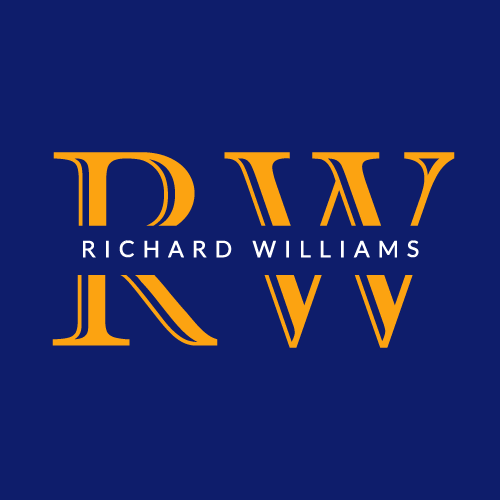Ignorance Is...
In my mind, the absolute worst word in the English language is “ignorant.” Words that seem to accompany that adjective include “stupid” and “rude.” I am the last person in the world who feels that any word should be banned but, because this word is used as an insult, baggage that it clearly does not deserve, I hope we can find something that works better.
First though, let’s talk about how it is that someone, anyone, might not know something. One big issue in our highly charged, political society is agnotology. This comes from agnosis, the Greek word for “not knowing” and is combined with ontology, the part of metaphysics that deals with the “nature of being.” It refers to people who deliberately seek to confuse others. In politics, it’s spin and is practiced every single day by politicians, their staffs and by friendly media. In business, it is often used as a sales tool or as a tool to redirect blame. In science, it’s used by activists to scare people.
Another source of not knowing comes from the need to believe in conspiracy theories. You don’t have to look very far to find a modern one, elections stolen by fraud. Members of both political parties believe those. We also find people rejecting basic science believing, for example, that COVID-19 is a hoax or vaccines are used to inject tracking microchips into people. We also see these types of conspiracies like fearing benign subjects, believing companies have caused food shortages to sell genetically engineered food or, one that remains because of a now discredited study, that the measles-mumps-rubella vaccine causes autism.
We live in a complex world where it becomes more and more difficult to keep with knowledge in hundreds of fields. It’s not just because there are people actively trying to mislead us or because there are so many attractive and interesting conspiracy explanations, it’s just too much information. Globally, scientific output alone doubles every nine years.
All of us, every single one of us, is vastly more ignorant than knowledgeable. Because we are interested in many things, we are bound to get it wrong sometimes. In some cases, we may just get attached to something we believe in our hearts to be true and nothing, no fact or finding, will change that belief. If we were consistently rational, we would treat every belief as a hypothesis and insist we did not know the answer until there was sufficient evidence one way or the other.
I think that the state of being ignorant, besides being universal, is one of the truly wonderfulthings about being human. Knowing that you don’t know something means there are mysteries that give us fantastic opportunities to learn something new. Far from being an insult, being ignorant about something enables a wondrous curiosity.
The old quote from “Ode on a Distant Prospect of Eton College” from Thomas Gray (1742), “where ignorance is bliss, ‘tis folly to be wise,” misses the point. Of course, there are certain things where we must be both knowledgeable and wise, but it is equally wonderful to find whole new areas to explore where we lack knowledge.
You probably won’t do this and, I guess I won’t either, but the next time someone informs you that you have said something “ignorant,” the right response is “Oh, thank you. That’s wonderful.”
